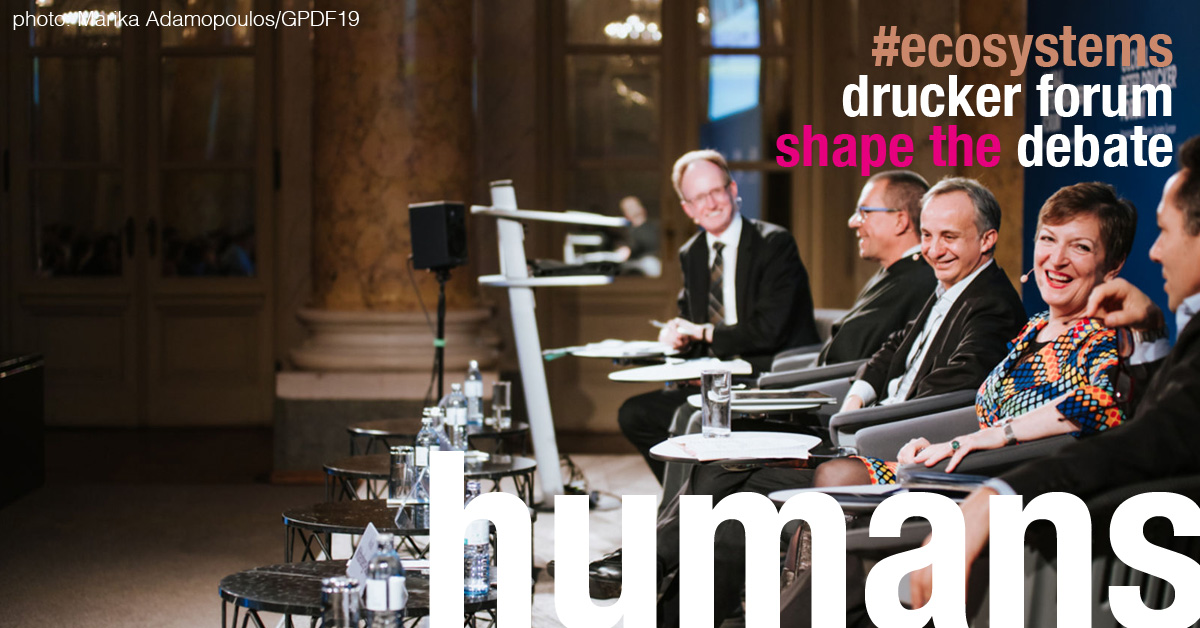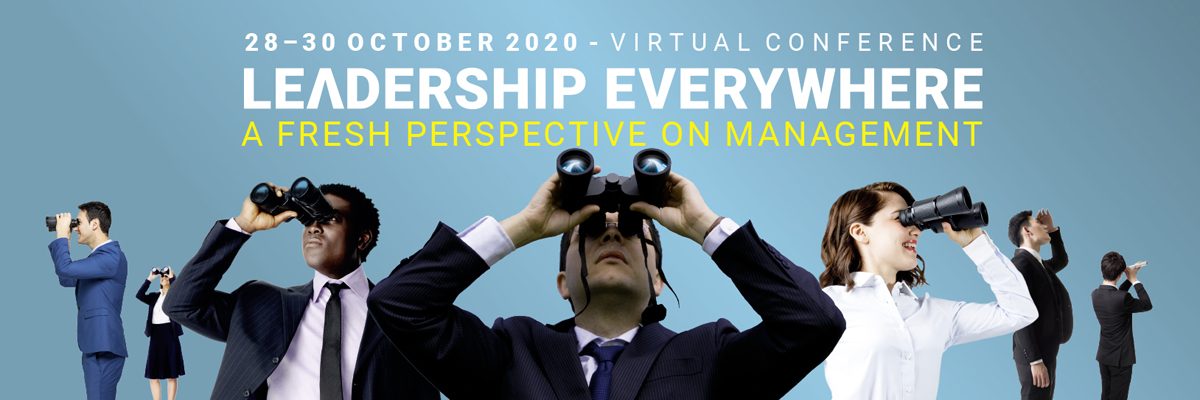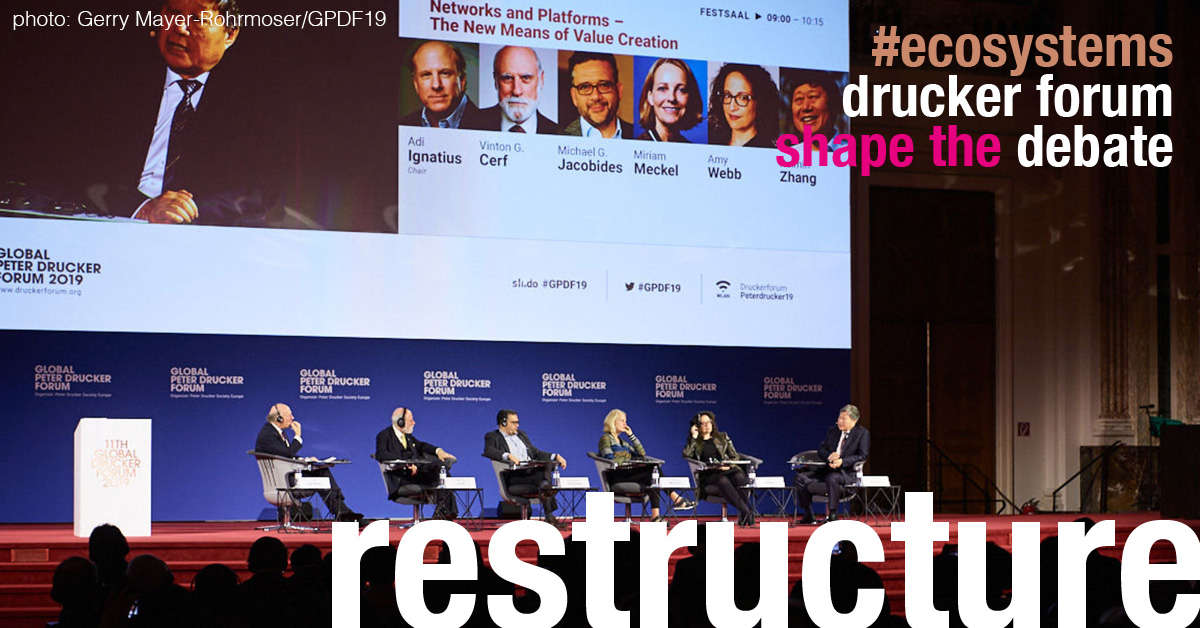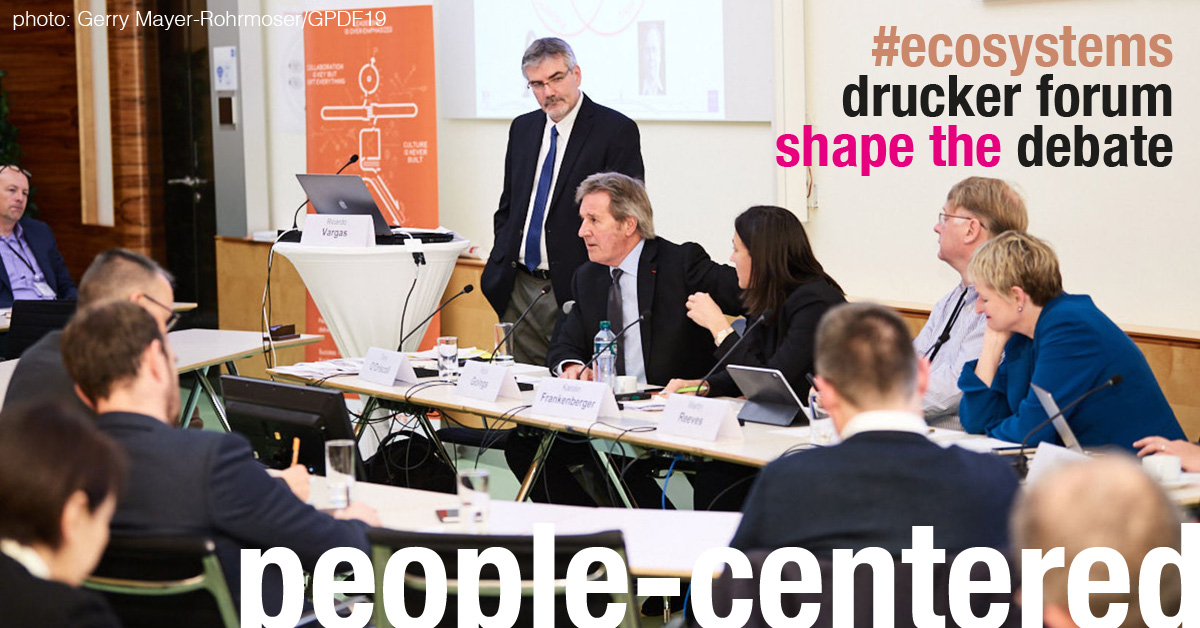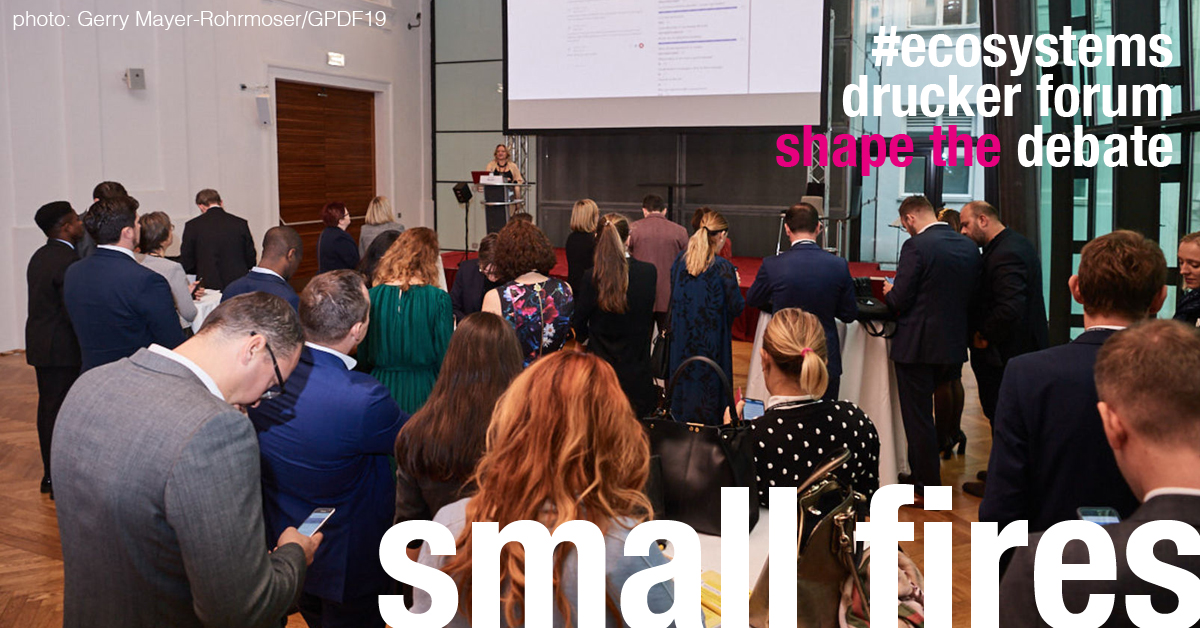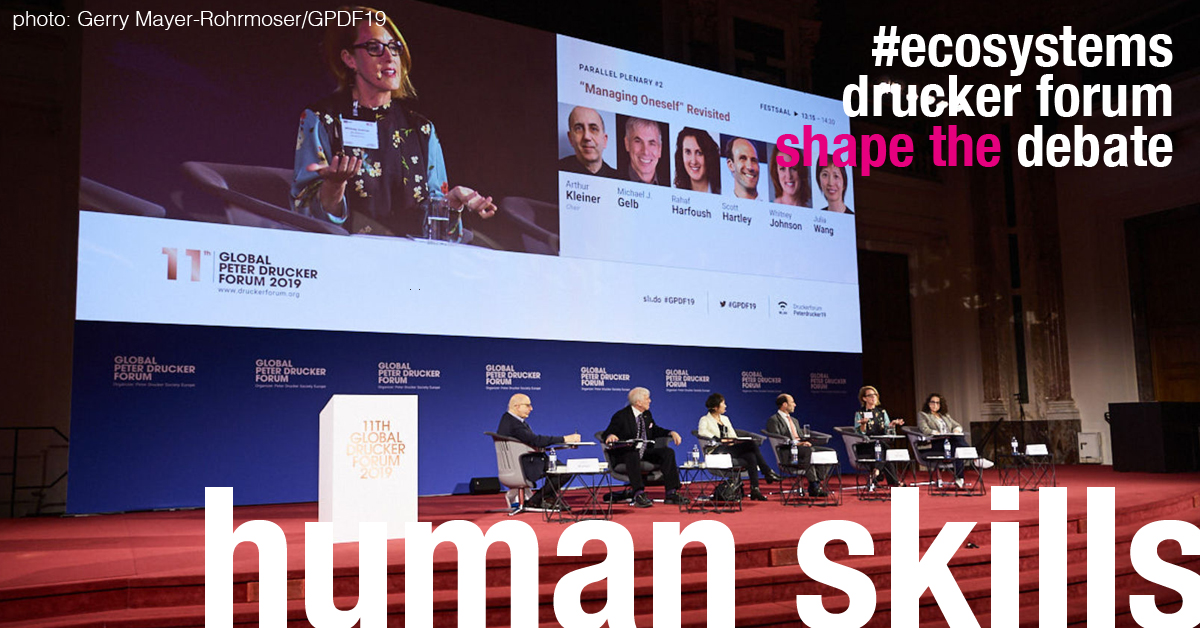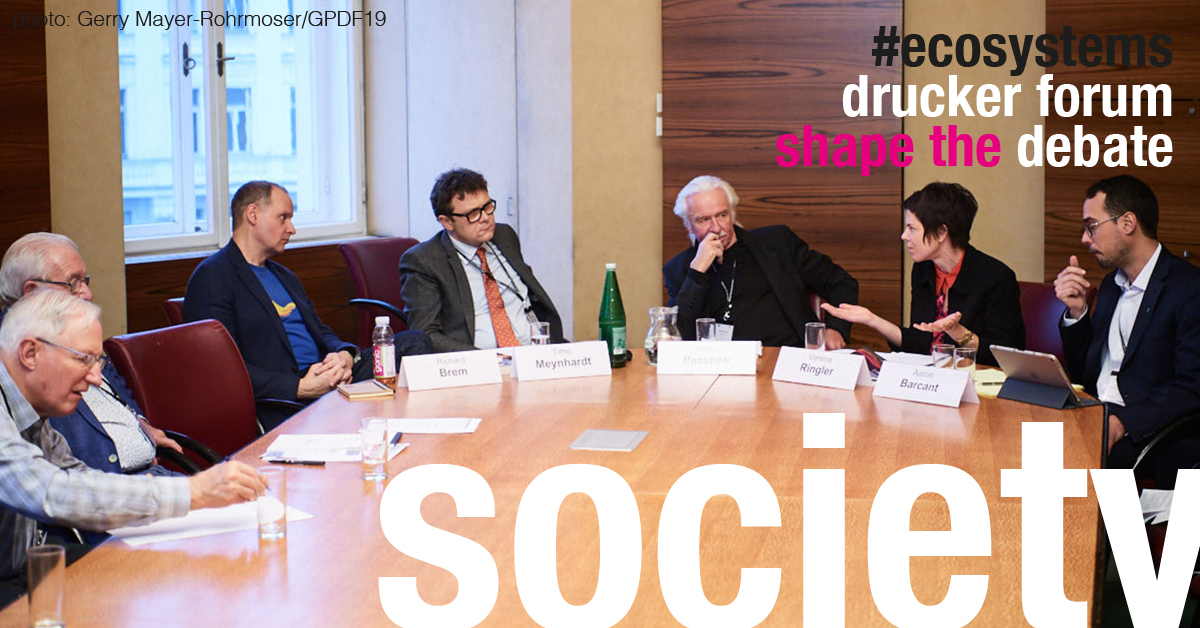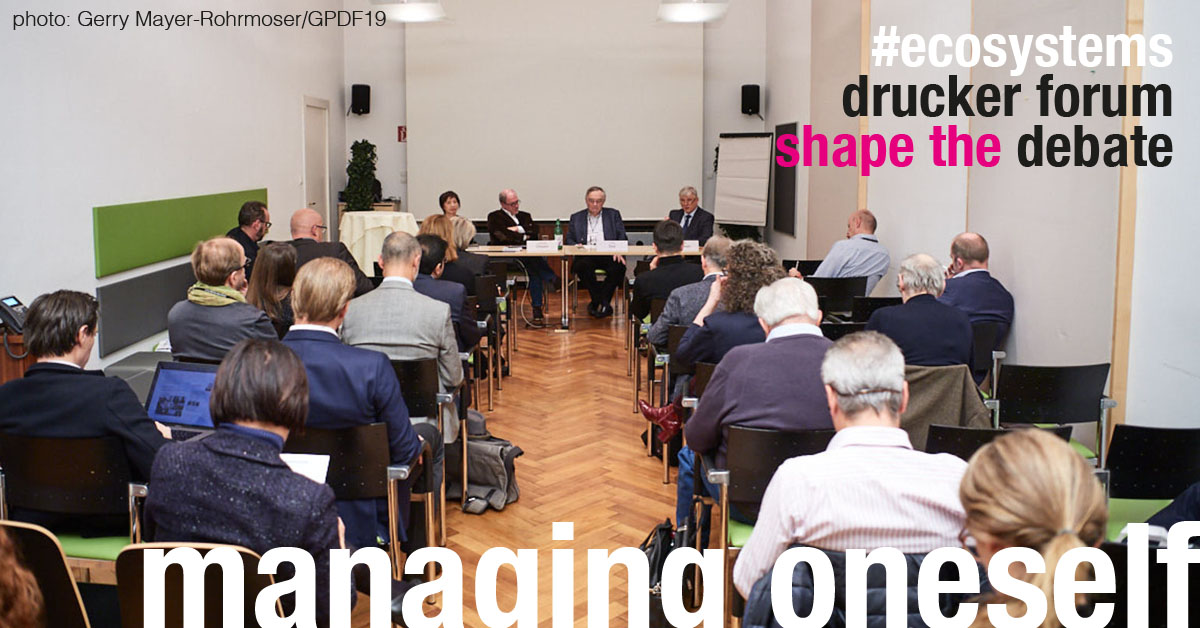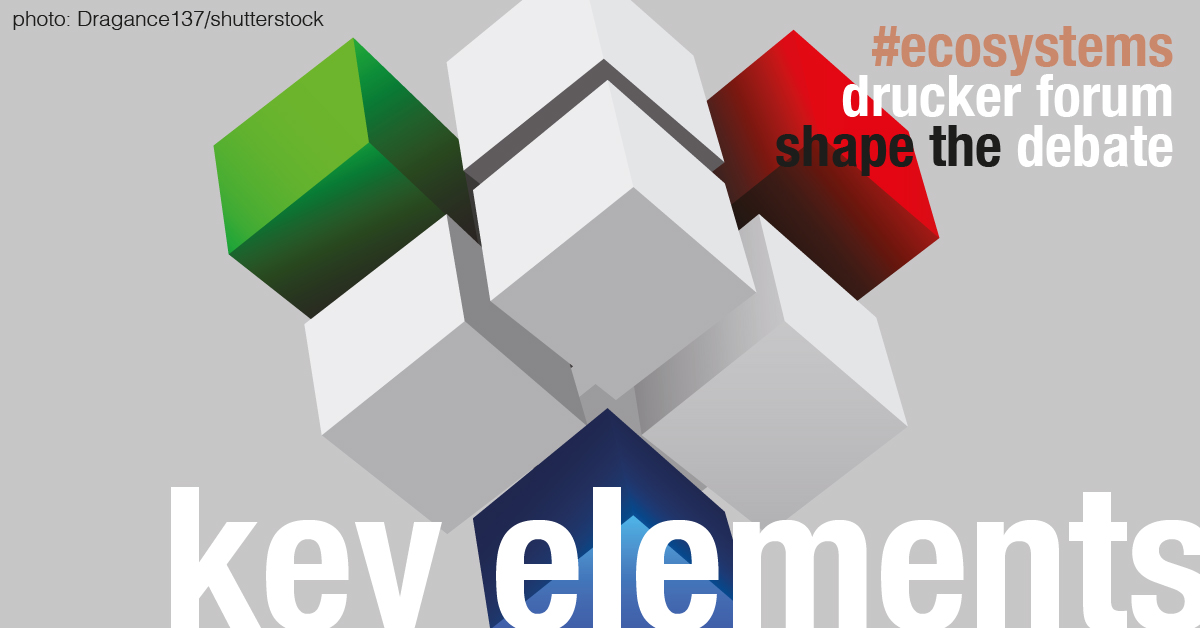Friday Nov 22nd 2pm-3pm Zeremoniensaal, Hofburg, Vienna The corporation may be one ecosystem operating within a broader ecosystem. But at its heart remain the people who have to carry out the work that has to be done. This session of the Forum took time to consider the role of people and how they contribute to the wider ecosystem of business. In the chair was Andrew Hill of the Financial Times, and he was joined by Michele Zanini, managing director of Gary Hamel’s Management Lab; Gianpiero Petriglieri, associate professor of organisational behaviour at Insead; Avivah Wittenberg-Cox, author and CEO of the 20-first consultancy; and Bart Weetjens, a social entrepreneur and a Zen priest. Hill opened by recalling the words […]
Continue reading